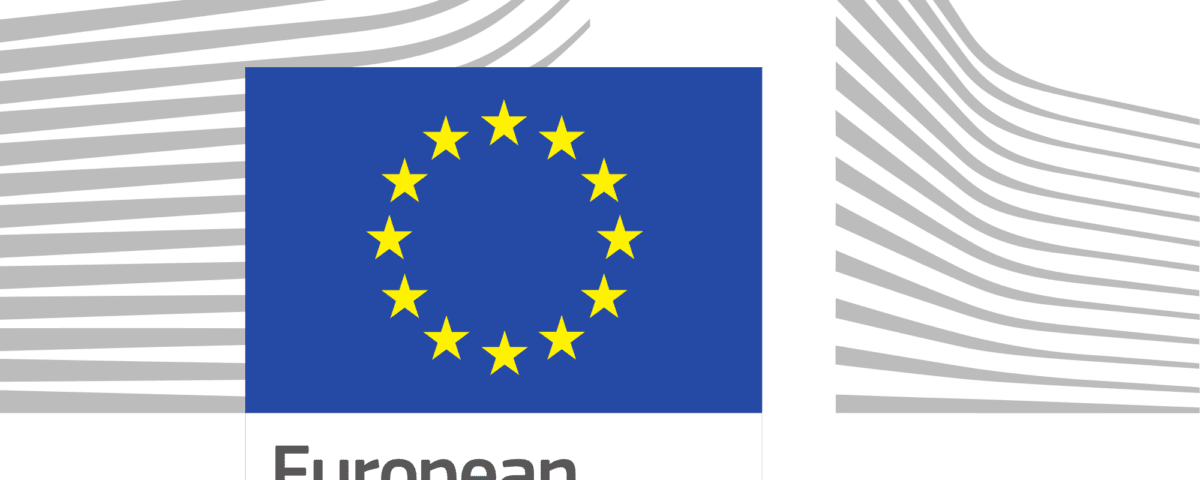European Commission adopts state aid measures to face Covid-19

The European Commission and national governments are already adopting state aid measures for some sectors. On Friday, 13 March, the Commission adopted a Communication setting out the many possibilities that already exist:
- €37 billion Coronavirus Response Investment Initiative: to support the European healthcare sector, the labour market and SMEs from all affected sectors;
- existing instruments to support SMEs with liquidity, complementing the measures taken at a national level (eg European Invest Fund, which will guarantee €8 billion in loans for 100,000 SMEs and small mid-caps);
- measures that are allowed under the current framework first, i.e. wage subsidies, suspension of payments of corporate and value added taxes or social contributions, direct financial support to consumers for cancelled services and support for liquidity shortages.
On Thursday March 19th, the European Commission adopted the Temporary Framework to enable Member States to use the full flexibility foreseen under State aid rules to support the economy in the context of the COVID-19 outbreak. This is based on Article 107(3)(b) TFEU to remedy a serious disturbance in the economy, a term last used during the financial crisis to allow unprecedented aid to banks.
The temporary framework enables five types of aids:
- direct grants and selective tax advantages up to €800,000 to a company to address its urgent liquidity needs.
- Aid in the form of guarantees on loans.
- Aid in the form of subsidised interest rates for loans
- Aid in the form of guarantees and loans channelled through credit institutions or other financial institutions
- Short-term export credit insurance
This new Temporary Framework has been put in place in a few days. For comparison, during the financial crisis it took three weeks from the launch of the internal consultation of the framework until adoption.
The Commission’s objective with these measures:
- First, that businesses have the liquidity to keep operating, or to put a temporary freeze on their activities, if need be, and that support reaches the businesses that need it.
- Second, that support for businesses in one Member State does not undermine the unity that Europe needs, especially during a crisis.
Aid can only go to companies that ran into trouble after December 31st as a result of the virus outbreak. Aid can’t support export-related activities and can’t favor domestic over imported goods. Aid must be granted before Sept. 30th.
In addition, the Commission proposed, on Friday March 20th to activate the general escape clause of the Stability and Growth Pact. Once endorsed by the Council, it will allow Member States to undertake measures to deal adequately with the crisis, while departing from the budgetary requirements that would normally apply under the European fiscal framework. (FAQ on the escape clause).
Finally, on Wednesday last week, the European Central Bank’s Governing Council announced a new Pandemic Emergency Purchase Programme with an envelope of €750 billion until the end of the year, in addition to the €120 billion decided on 12th March. Together this amounts to 7.3% of euro area GDP. The programme is temporary and designed to address the unprecedented situation our monetary union is facing. It is available to all jurisdictions and will remain in place until we assess that the coronavirus crisis phase is over. (Christine Lagarde, President of the ECB, communication).

